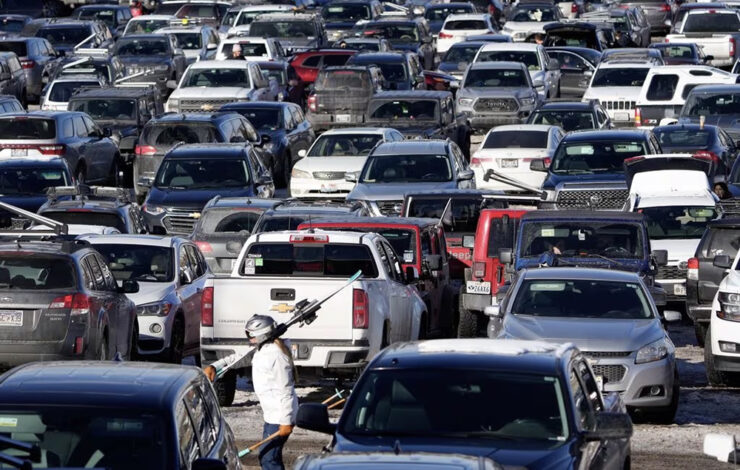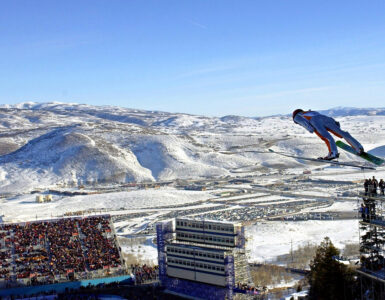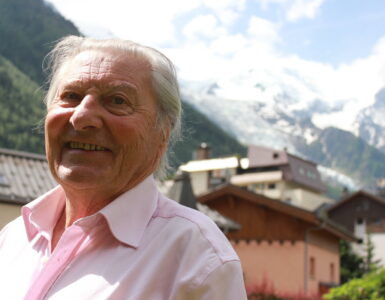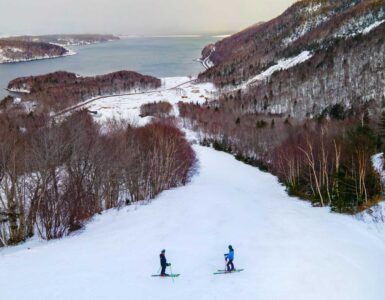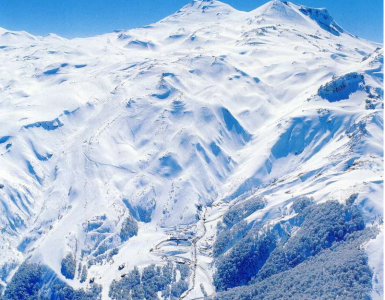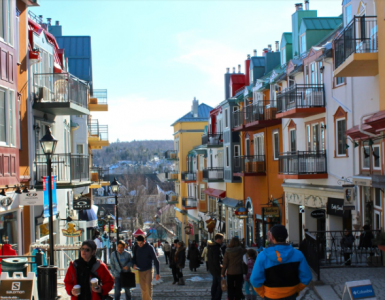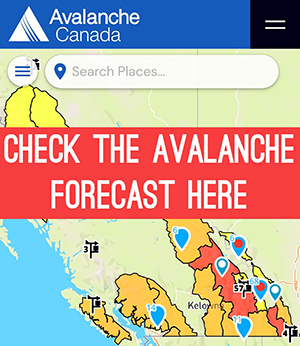Vail Resorts lost its appeal of the Park City planning commission’s decision to deny approval to Park City Mountain for installing two new chairlifts that would effectively replace three existing chairlifts.
At the heart of the court’s decision were two issues that have been the source of ire among mountain resort communities, and the focus of resort operators to try and fix, in recent years: parking and capacity management.
Initially, the Park City planning director approved the proposed lift upgrades at Park City Mountain—which included installation of a detachable six-passenger chair in place of two fixed grips, and a detachable eight-passenger chair to replace an existing six-pack—in spring of 2022. However, four local residents appealed the decision. Their appeal called into question the resort’s parking plan and how the resort has, and will, manage crowds relative to the predetermined comfortable carrying capacity (CCC) set forth in a previous upgrade plan agreement between the municipality and the resort.
While the new lifts would not increase CCC a meaningful amount, according to experts asked to determine the calculations for both sides, the appeal said the resort’s parking mitigation plan was insufficient. It cited, for example, more than 68 mornings during the 2021-22 season when overflow parking was used.
The planning commission allowed the appeal last summer, overturning the initial approval for the lift installations. Vail Resorts appealed that decision in July 2022, and the case was heard in Utah’s Third District Court two weeks ago, with Judge Richard Mrazik siding with Park City Municipal on Nov. 14.
It could be argued that a strong relationship between a resort and its surrounding community has never been more important than it is now. Many mountain towns are seeing huge growth. This is causing a change in demographics and bringing new residents who have different interests and priorities than even those found in mountain towns prior to the pandemic. The Park City case shows how crowding can strain relationships between resorts and towns in very impactful ways.
Jason Blevins of the Colorado Sun wrote about the potential broader affect this may have on the U.S. ski industry, saying the court’s decision “that affirmed the planning commission’s ability to scrutinize CCC math could open doors for mountain community leaders seeking more details on ski area traffic as a condition of approving new chairlifts, parking lots, and lodges.”
Angela Moschetta, one of the four Park City residents who in 2021 urged the town’s planning commissioners to more closely scrutinize the impacts of the new chairlifts, told Blevins: “This is really about ski towns everywhere uniting to raise awareness about capacity. This is about getting resorts to show a bit more respect for their communities. We have to earn that respect and maybe this is how we can send the message that, ‘Hey, you guys have got to be better partners.’”
SAM has addressed the issue of capacity and crowding many times over the years, detailing various aspects of the CCC equation and providing strategies and tools to mitigate crowding. The editor’s note preceding an article about creating resort-wide balance in response to crowding issues (“By Popular Demand”, SAM March 2022) seems apropos to share here:
The strong demand that the industry is experiencing should be cause for celebration; this surge of guests is filling the till. However, the pitfalls of popularity have made national headlines. Overcrowding has led to unhappy guests, fueling a narrative that points to a deteriorated guest experience for what is supposed to be a premium product.
A variety of controllable factors have led to this point—the lack of sufficient capacity in various stages of the guest journey chief among them. Consumers will only tolerate so much frustration before they move on…
In the wake of the Park City case, the issues of parking and crowding expand beyond the guest experience.
Community relations are another topic laid bare by the Park City situation. The changing composition of our mountain towns is something resort operators need to pay close attention to, as the Insights Collective think tank has.
Ski The World
From: SAM


